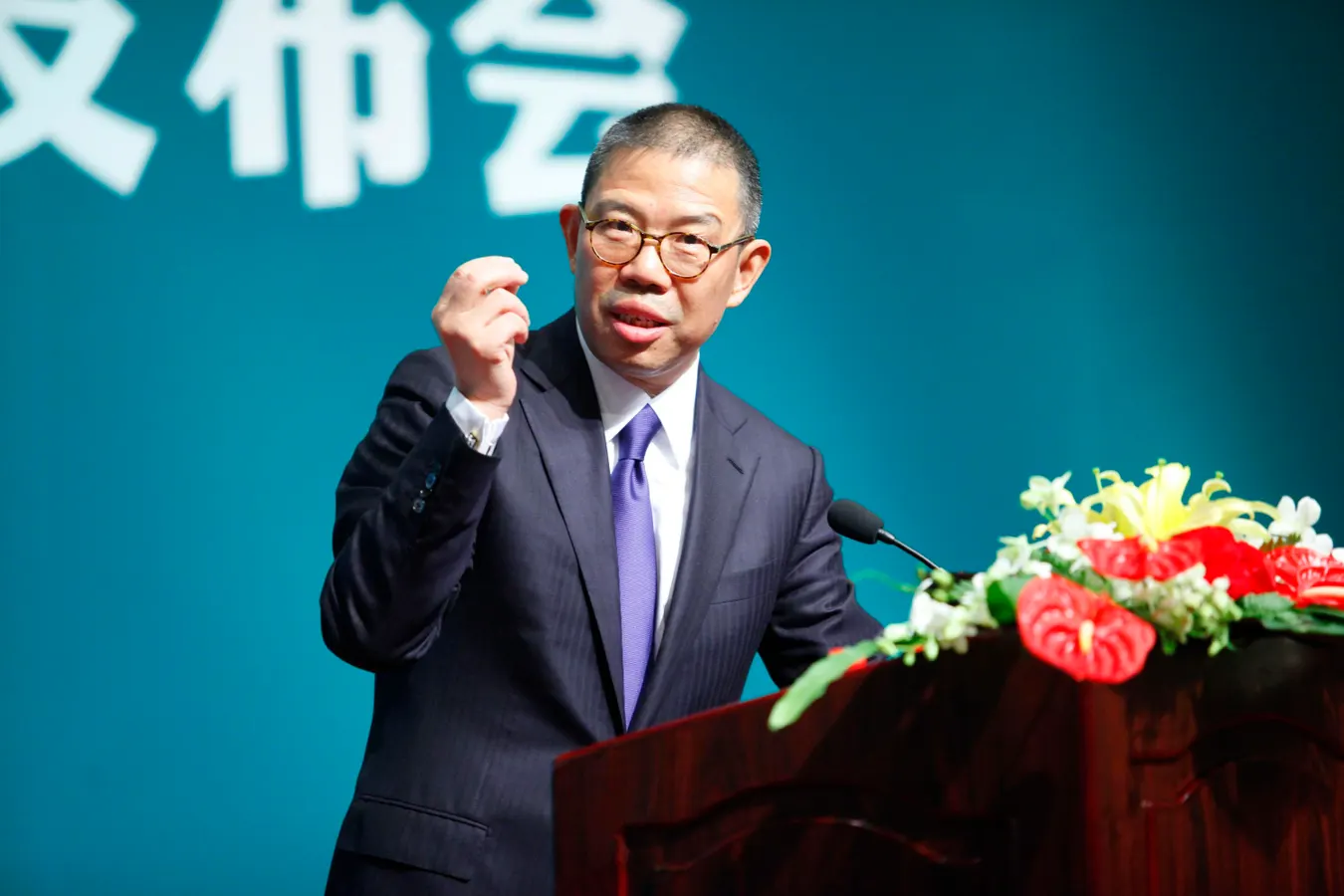Copyright Fast Company

There’s a dangerous assumption many leaders make as their company scales: The same personal drive and intensity that created the initial momentum will sustain it. As leaders, we believe our ability to push harder, see details others miss, and maintain control is our greatest asset. But what happens when you sense a friction in the organization—a subtle hesitation in your team, a slowdown in decision-making? It is a painful moment when you recognize that the bottleneck isn’t a person or process, it’s you. It’s the moment you understand that to scale your company, you must first be willing to scale yourself—a lesson I had to learn the hard way. A HARD-LEARNED LESSON Early in my tenure leading the team at FinQuery, we were hitting every target on paper, but something felt off. Leadership meetings, which had once been a source of energy, grew tense. The free-flowing, challenging debate that fueled progress was gone, replaced by a quiet, cautious compliance. Subscribe to the Daily newsletter.Fast Company's trending stories delivered to you every day Privacy Policy | Fast Company Newsletters Like most leaders in that position, I initially wrote it off as growing pains and an unavoidable cost success. But the feeling didn’t go away. It culminated in a fraught meeting where a critical decision was being debated with an unnerving lack of dissent. I could feel my team holding back, waiting for me to signal the “right” answer instead of challenging the path forward, and the silence was deafening. It was after that meeting that our head of technology pulled me aside. He respectfully but firmly laid out what I was too close to see: In my drive to ensure the right outcome, I was inserting myself into every decision. My constant presence signaled that I didn’t fully trust the team. Hearing it said stung. My first reaction was a mix of surprise and defensiveness. But that was immediately followed by a sense of gratitude. I realized that for my CTO to give me that kind of direct, candid feedback, he had to trust me and our relationship. Instead of defending my intentions, I asked him to tell me more. His willingness to share was a lifeline. It helped me see that what had once been a strength—my attention to detail—had become a liability limiting my team’s potential. Once I started consciously letting others speak first in meetings, the change was noticeable. People brought more ideas to the table—ideas that were sometimes different from where I would have gone—and that made our collective decisions stronger. It also gave me a chance to see how the leaders on my team thought about problems without my bias shaping their responses. Over time, it created a greater sense of ownership and engagement across the team. As a result, my role began to shift from being the first to provide answers to being the one who connects, refines, and aligns the best ideas from the group. Our team became smarter and more confident, not in spite of my stepping back, but because of it. advertisement A NEW INTERNAL PLAYBOOK A behavior change is useless if it doesn’t become a discipline, so I set out to build a deliberate system to hold myself accountable and rebuild trust. And that system became a non-negotiable and simple weekly “scaling audit,” where every Friday, I ask myself three questions: What decisions am I making that I should be delegating? This was in response to my own tendency to micromanage and a genuine commitment to empowering my leaders. What patterns am I repeating that worked six months ago but might not work now? This was to challenge the outdated habits that were no longer serving my larger, more capable team. What core assumptions am I holding that I haven’t tested recently? This forced me to question my own deeply held beliefs about how work should be done. However, to make this an active feedback loop, I also embedded a simple, direct question into my weekly one-on-ones with the leadership team: “How is my leadership helping or hindering your effectiveness?” HOW TO LEAD FROM A NEW FOUNDATION This kind of internal discipline isn’t just about personal growth; it’s about how you build and lead your company. When you operate with a clear-eyed view of your own limitations, you hire differently. You begin looking for people who complement your blind spots, not just those who think like you. You delegate with more confidence because and start to design your organizational structure for how your team actually works best. In a world where the pace of change is constantly accelerating, this commitment to internal discipline becomes a strategic necessity. In this environment, the ability to recognize when you are the obstacle and the discipline to take action has become the single greatest competitive advantage. Because in the end, before you can scale your company, you must first be willing to scale yourself.Joe Schab is the CEO at FinQuery.



